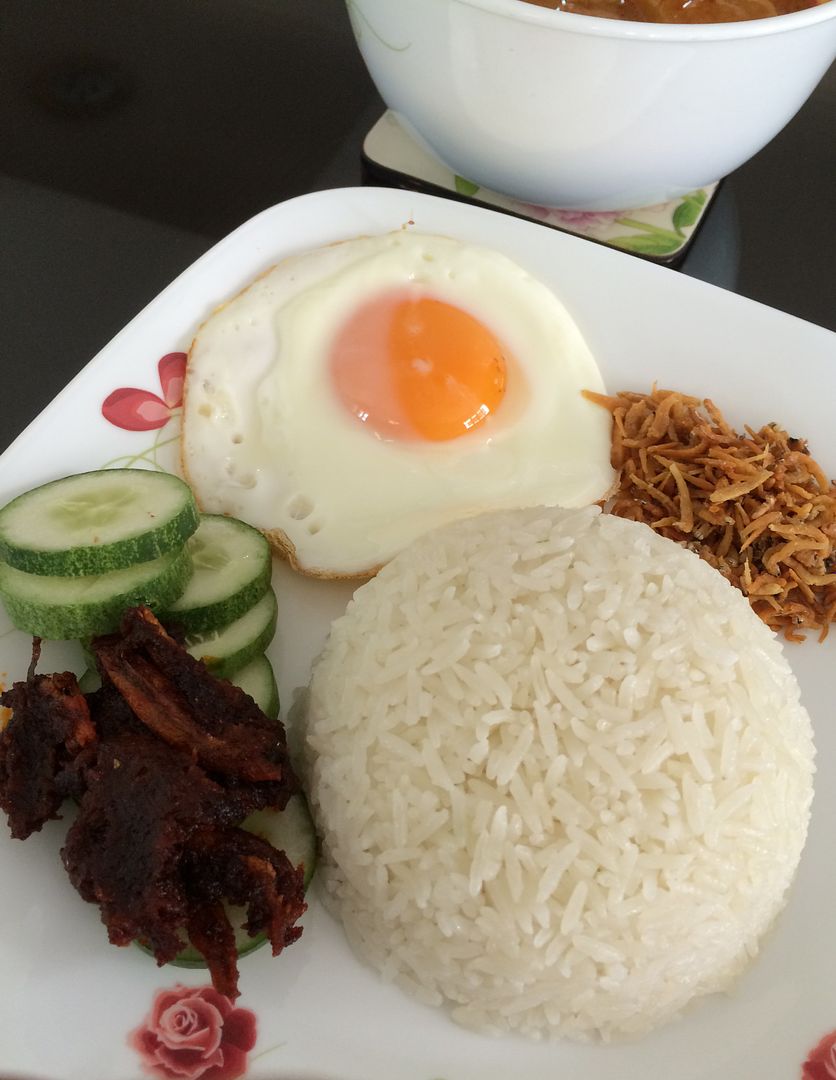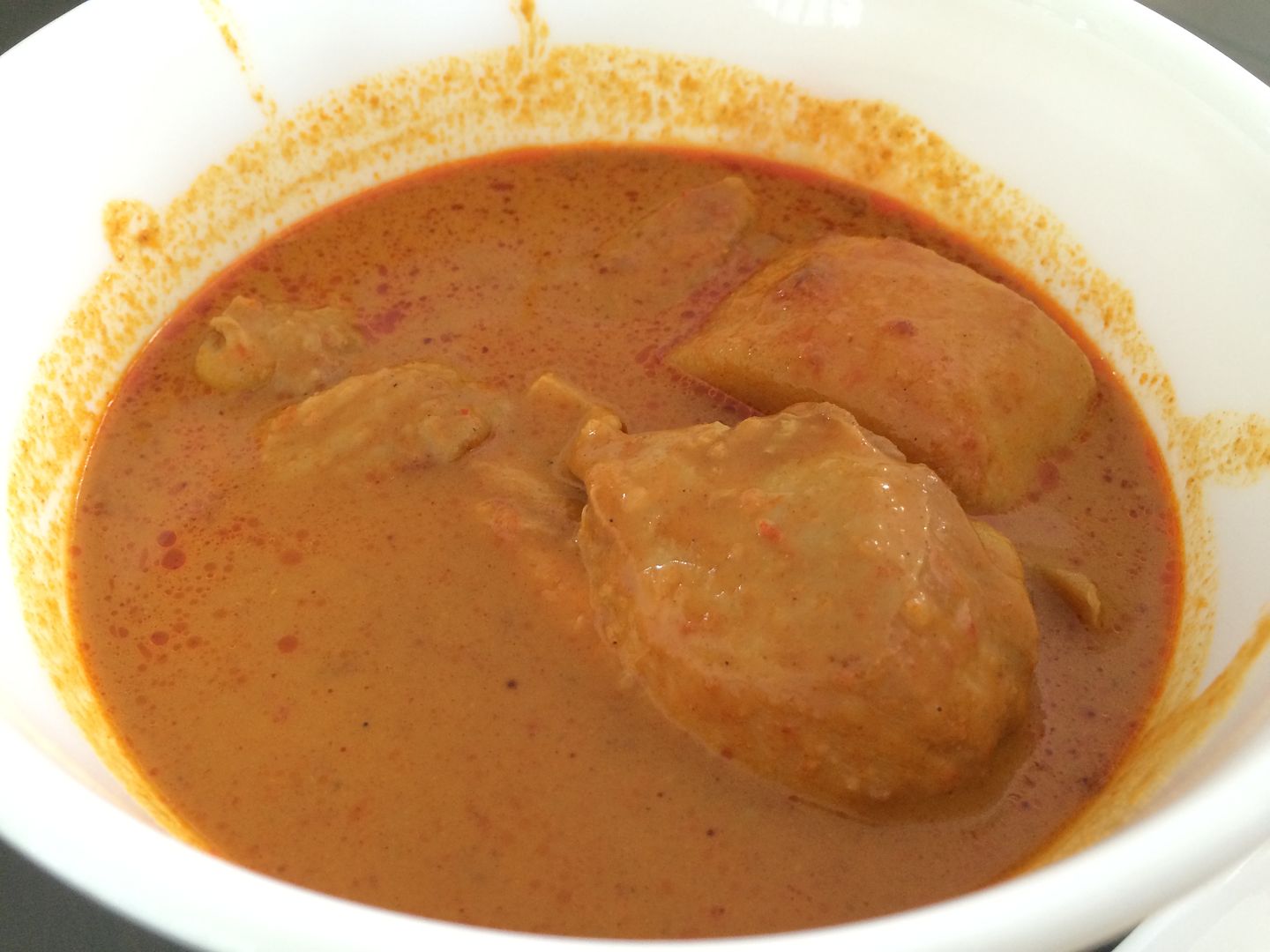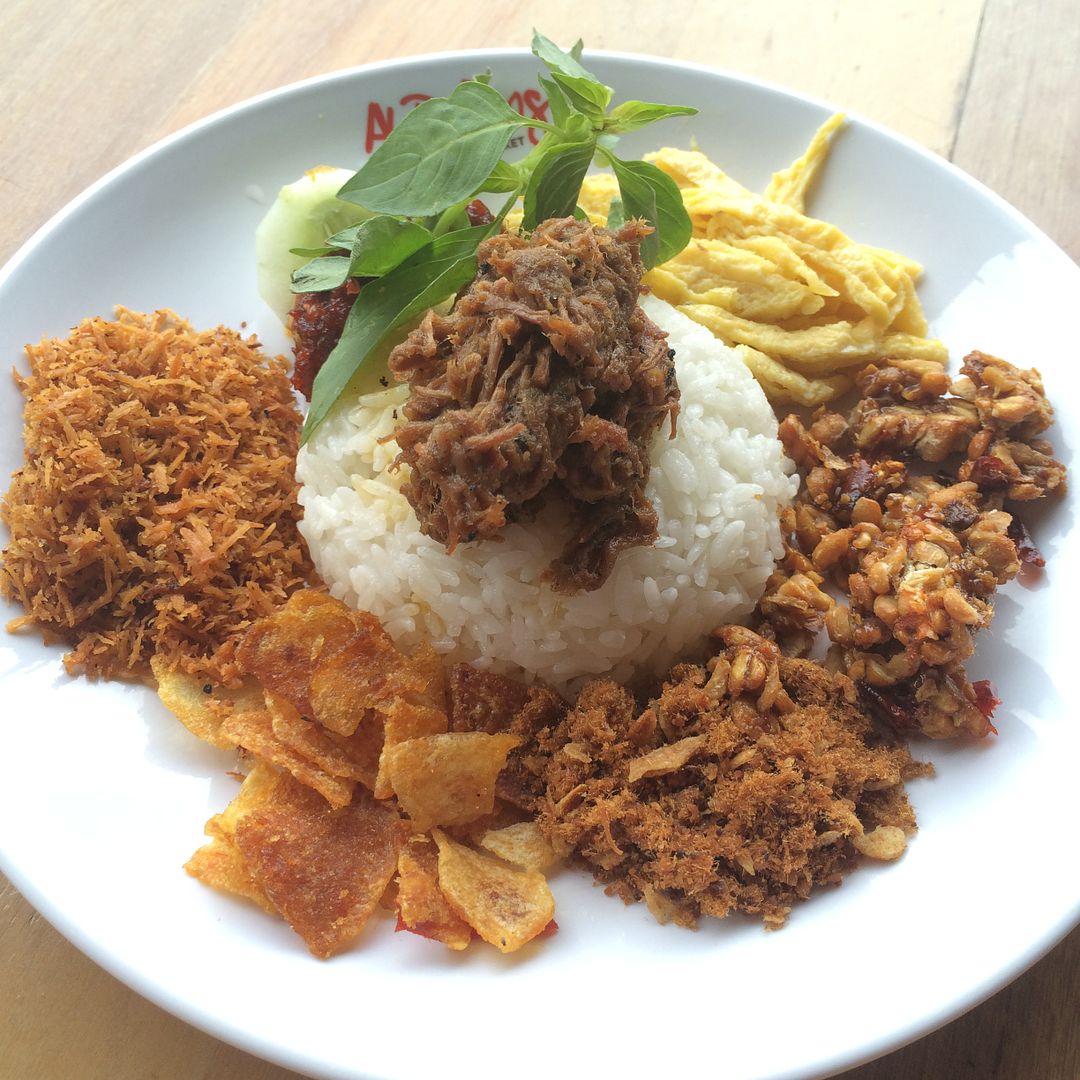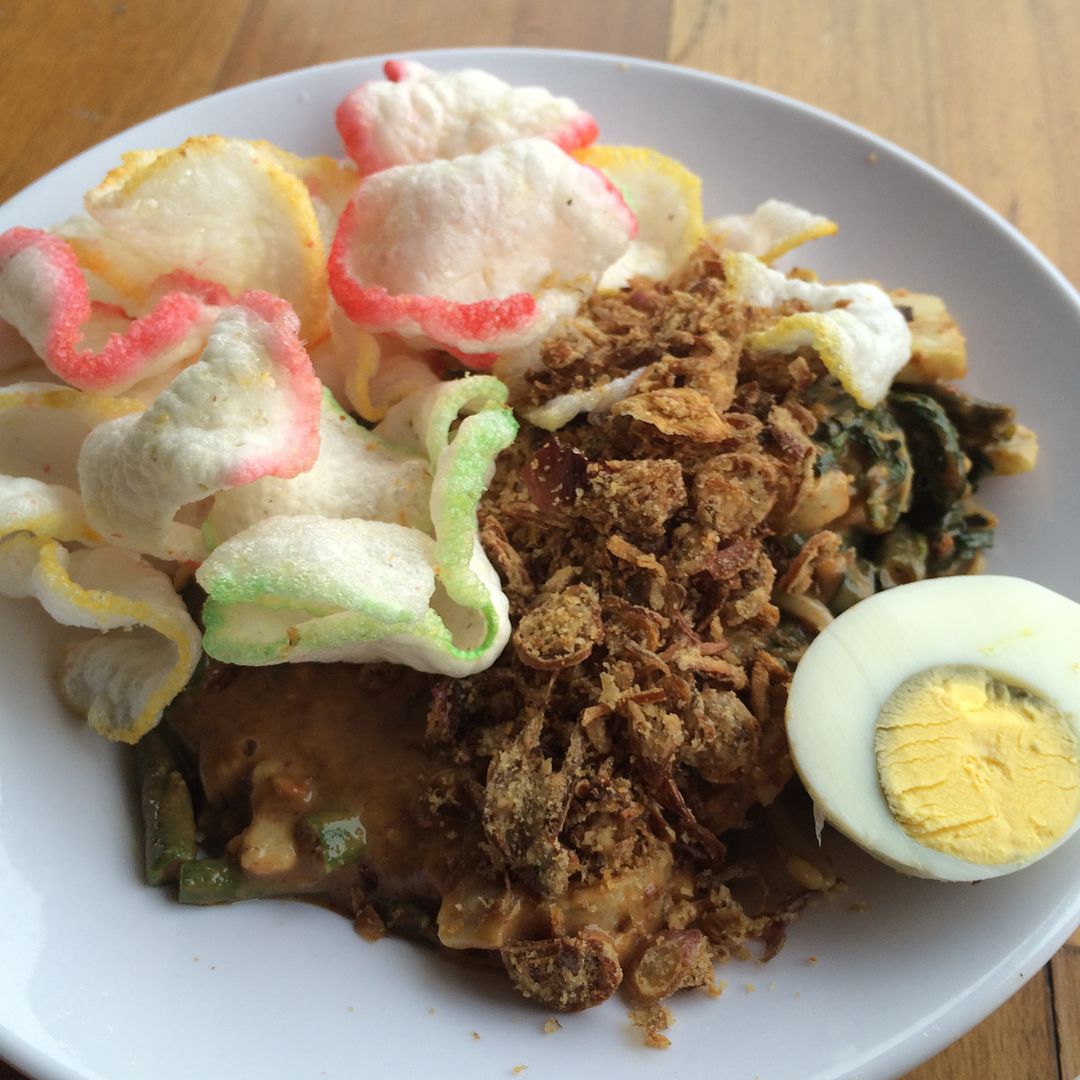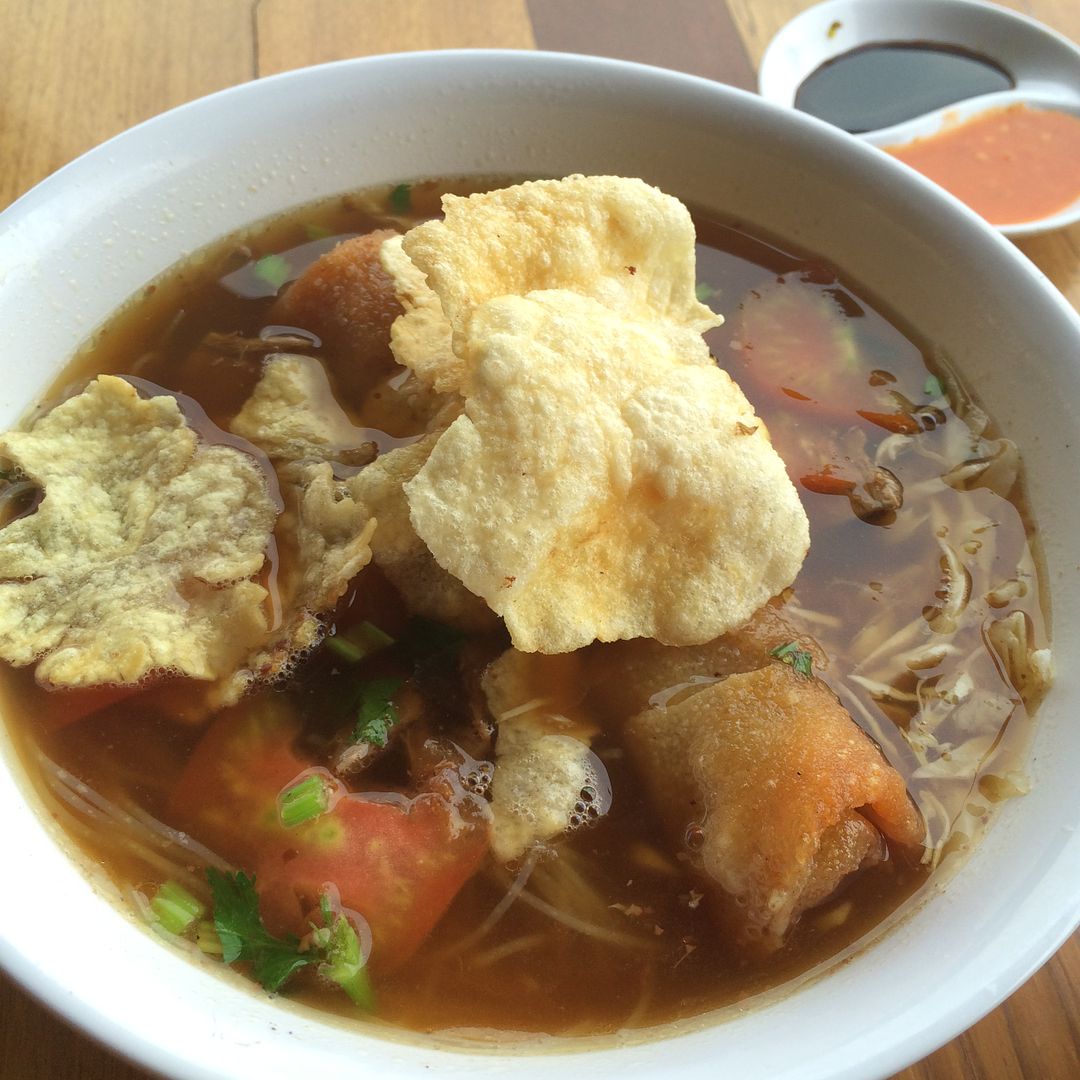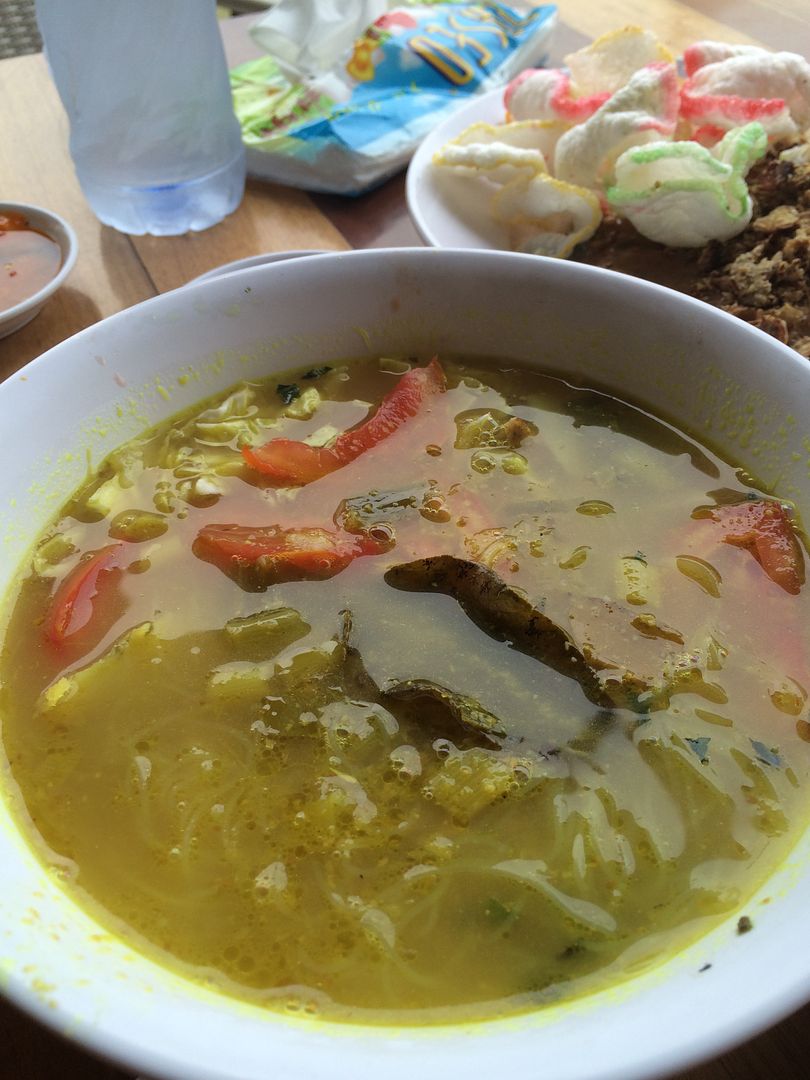Rice scheme loss 'may reach B1tn'
TDRI chief calls for ceiling on state debt
Bangkok Post Published: 6/11/2014 at 06:00 AM
The loss incurred from the rice-pledging scheme could reach almost 1 trillion baht if it takes 10 years to sell 18 million tonnes of milled rice in stockpiles, says the head of an economic think tank.
Warehouse audits were already under way early this year, but the military took a high-profile role in assessing contents of warehouses nationwide after the army chief seized power in a coup on May 22.
Nipon Poapongsakorn, president of the Thailand Development Research Institute (TDRI), recommends fixing the government's debt at no more than 20% of the annual budget to avoid a repeat of the big loss. Mr Nipon is also heading a TDRI study of alleged corruption in the rice scheme introduced by the former Yingluck Shinawatra government.
A nationwide rice audit led by ML Panadda Diskul, permanent secretary for the Prime Minister's Office, found only 10% of the 18 million tonnes of rice in state stocks was of good quality. The report said 70% of rice was tainted with a yellow colour and the rest in bad condition and inedible.
Assuming a price of 7,500 baht a tonne for rice stored in warehouses, the loss now amounts to 660 billion baht — half the loss from the Financial Institutions Development Fund's bailout of financial institutions during the 1997 financial crisis, Mr Nipon said.
His estimated loss is far greater than Deputy Prime Minister MR Pridiyathorn Devakula's forecast of nearly 500 billion baht.
The now-defunct rice scheme, which ran from 2011 to this year, emerged as the country's largest rice intervention scheme, with 985 billion baht spent to buy 54.4 million tonnes of paddy.
The subsidy scheme, which set pledging prices at 40-50% above market prices and bought every single grain, backfired badly on the former government.
It cost taxpayers hundreds of billions of baht and left millions of tonnes of rice in warehouses, while the rice price has sunk after the subsidy was terminated.
Moreover, the scheme was alleged to be riddled with corruption. The TDRI's study estimated that fraud in the scheme amounted to 94-109 billion baht, with 75 billion incurred from rice sales, 32 billion from replacing pledged grains with low-quality rice and 1.9 billion from missing rice.
Mr Nipon said the rice scheme cost 585 billion baht in economic rent — any payment to a factor of production in excess of the cost needed to bring that factor into production.
"I believe a third round of damage from such a subsidy will happen if there is an elected government," he said.
The first heavy damage from subsidising rice production emerged in Thaksin Shinawatra's government.
Apart from setting a debt limit for the government, parliamentary approval is a must for spending on any populist policies to prevent massive losses, Mr Nipon said.
Economist Ammar Siamwalla, an adviser to the study on the rice scheme's fraud, said the government should not pledge perishable exported products, as these goods must compete with those of other countries. It is foolish of politicians and reflects something wrong in Thai politics if they are still unaware of damage from the rice scheme after it turned out to be a disaster, he said.
Methee Krongkaew, a former member of the National Anti-Corruption Commission (NACC), said fraud prevention for government policies must be improved. For instance, the anti-graft body should be able to file legal action immediately against those involved in any projects warned earlier by the NACC without having to launch an inquiry after damage has been incurred.











